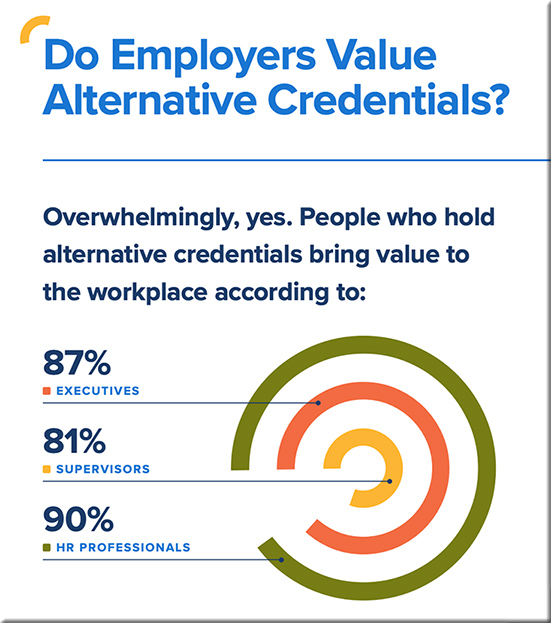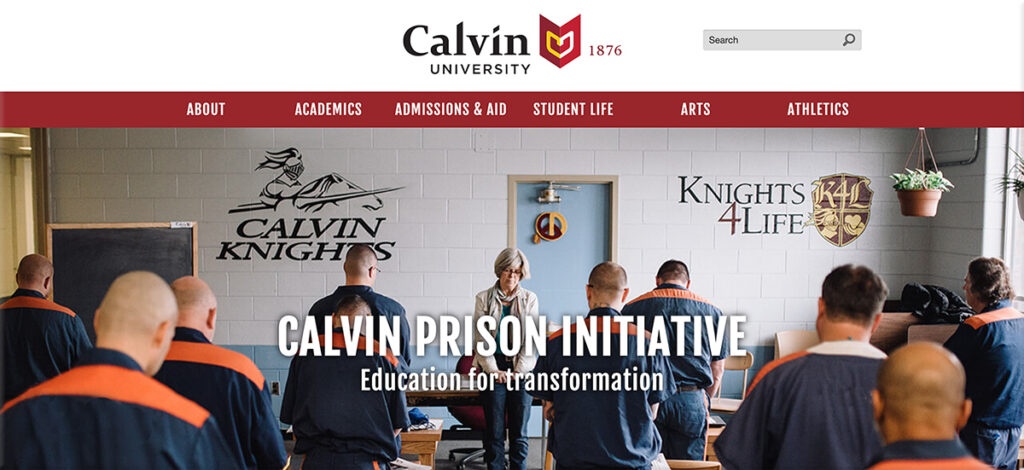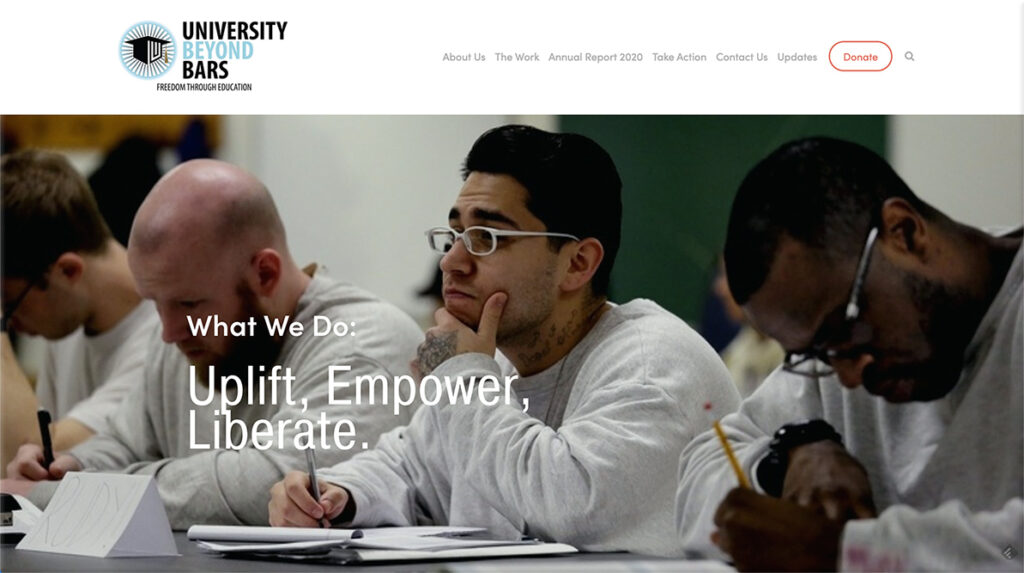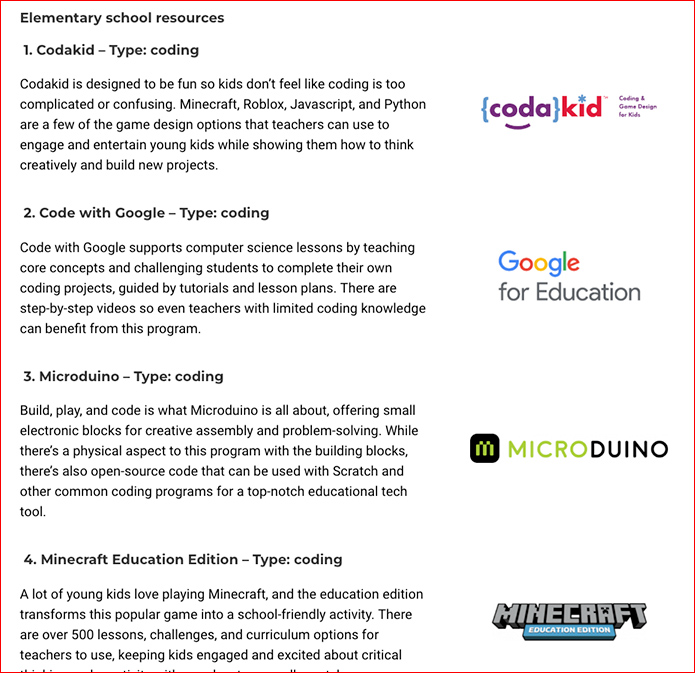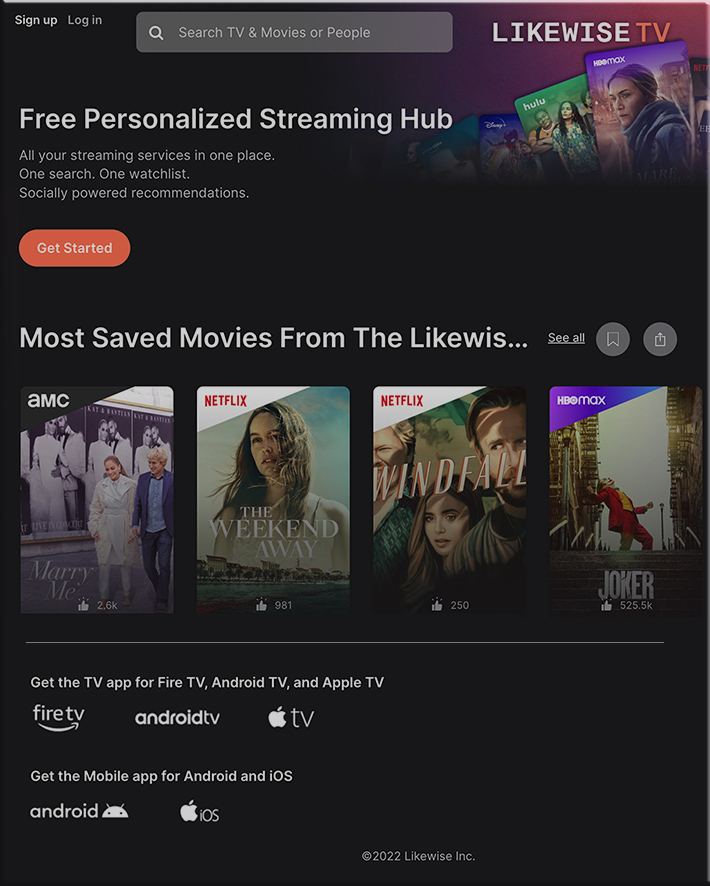Coursera launches skills training academy for colleges and companies — from highereddive.com by Natalie Schwartz
Experts say the move could help the company strengthen its focus on selling courses to colleges rather than consumers.
Excerpts:
Coursera, like other popular MOOC platforms, has made its name by bringing online classes to the masses. But lately, the company has been expanding efforts to provide these offerings to colleges and employers rather than solely to consumers.
The company doubled down on that strategy Wednesday, when it announced the launch of a career training academy that enables users to earn entry-level certificates from companies like Meta and IBM in fields such as data analytics, social media marketing and user experience design. Institutions — including colleges, businesses and government organizations — can sign up to make the platform available to their students or employees.
The move signals a shift in strategy for the company. While Coursera is still focused on delivering courses directly to consumers, it’s also been building out its offerings to colleges and employers. This business segment includes Coursera for Campus, which allows colleges to use the platform’s content in their classes.
From DSC:
For those who think MOOCs have come and gone:
Coursera has been using academic content created by universities for years to build its audience, amassing some 97 million users by the end of last year, according to its latest earnings report.
Addendum on 5/11/22:
- Colleges Are Losing Students. Is That A Growth Opportunity For Coursera? — from edsurge.com by Daniel Mollenkamp









